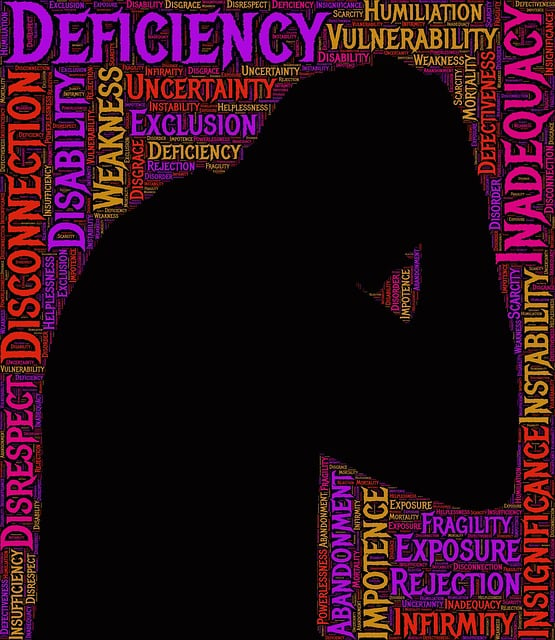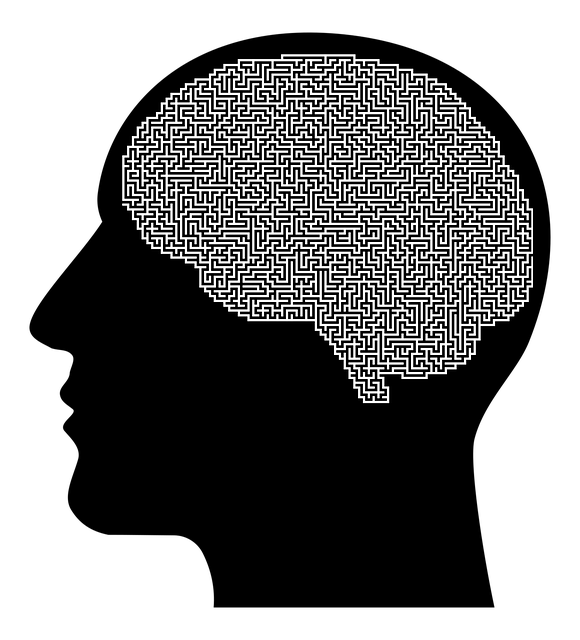In today's world, personalized mental wellness coaching is in high demand due to traditional therapy's limitations. Mental health awareness initiatives have opened up dialogue and stressed early intervention. Coaching programs use Compassion Cultivation Practices and Coping Skills Development to build resilience. Effective curricula should integrate evidence-based practices tailored to diverse needs, including self-care, emotional regulation, and confidence-boosting strategies. Westminster Grief Counseling Therapy, focusing on crisis intervention, active listening, and empathy, enhances support for individuals facing life challenges. Success in mental wellness coaching involves personalized qualitative and quantitative assessments, adapting techniques like mindfulness and cognitive behavioral therapy to client needs.
Mental wellness coaching programs have emerged as a crucial tool for promoting holistic well-being. In today’s fast-paced world, the demand for personalized support is higher than ever. This article explores the development of such programs, offering a comprehensive guide on designing effective curricula and integrating therapeutic techniques like Westminster Grief Counseling Therapy. We’ll delve into strategies for measuring success and adapting coaching to individual needs, ensuring tailored interventions for optimal mental health outcomes.
- Understanding the Need for Mental Wellness Coaching Programs
- Designing Effective Coaching Curricula: A Comprehensive Guide
- Implementing Westminster Grief Counseling Therapy in Coaching
- Measuring Success and Adapting to Individual Needs
Understanding the Need for Mental Wellness Coaching Programs

In today’s fast-paced world, the demand for mental wellness coaching programs has never been higher. The traditional approach to mental health often falls short in addressing the complex needs of individuals struggling with anxiety, depression, stress, and other common issues. Many people seek alternative solutions, like Westminster Grief Counseling Therapy, that offer personalized support tailored to their unique challenges. This shift reflects a growing awareness of the importance of mental well-being in daily life and a desire for more flexible, accessible, and compassionate forms of counseling.
The need for these programs is further underscored by the limited availability of traditional therapy services and the often-prolonged waiting times involved. Mental Health Awareness initiatives have been instrumental in promoting the discussion around psychological wellness, highlighting the value of early intervention and ongoing support. Through Compassion Cultivation Practices and Coping Skills Development, mental wellness coaching programs empower individuals to navigate life’s challenges with resilience and grace.
Designing Effective Coaching Curricula: A Comprehensive Guide

Designing Effective Coaching Curricula is a critical aspect of developing impactful mental wellness programs. A comprehensive guide should focus on integrating evidence-based practices tailored to diverse client needs, ensuring flexibility and adaptability to cater to individual journeys towards emotional well-being. This involves incorporating modules on Self-Care Practices to foster resilience, Emotional Regulation techniques for managing stress and triggers, and Confidence Boosting strategies to navigate challenges with newfound clarity and assertiveness.
The curriculum should encourage active participation through interactive exercises, group discussions, and personal reflection assignments. Incorporating real-world applications and case studies from various backgrounds, including those who might seek Westminster Grief Counseling Therapy, allows coaches to guide clients effectively while addressing unique emotional landscapes. By striking a balance between theoretical knowledge and practical skills, the coaching program prepares individuals to lead fulfilling lives, enhancing their ability to navigate life’s complexities with enhanced mental wellness.
Implementing Westminster Grief Counseling Therapy in Coaching

Implementing Westminster Grief Counseling Therapy in coaching programs can significantly enhance the support offered to individuals navigating life’s challenges. This therapeutic approach focuses on helping clients process and manage grief, a process often crucial for maintaining mental wellness. By integrating such counseling techniques into coaching, professionals can provide effective Crisis Intervention Guidance, enabling clients to develop coping skills essential for overcoming difficult situations.
Westminster Grief Counseling Therapy encourages active listening, empathy, and a non-judgmental space, which are vital components of Mental Health Education Programs Design. Through this approach, coaches can guide their clients towards understanding and managing their emotions during stressful times. This strategy not only aids in the development of personal resilience but also equips individuals with tools to enhance overall mental wellness and well-being.
Measuring Success and Adapting to Individual Needs

Measuring success in mental wellness coaching programs is a multifaceted endeavor. It’s not merely about achieving specific outcomes but rather fostering sustainable changes that enhance clients’ overall well-being. Professional coaches working under practices like Westminster Grief Counseling Therapy often utilize qualitative and quantitative assessments to track progress. This might include client feedback, self-reported surveys, and goal attainment tracking—all crucial tools for understanding what works best for each individual. By regularly evaluating these metrics, coaches can adapt their approaches, ensuring interventions align with clients’ unique needs and preferences.
One key aspect is recognizing that resilience building and inner strength development are not one-size-fits-all processes. What works for one client might differ significantly from another’s experience. Therefore, effective coaching involves a nuanced understanding of stress reduction methods tailored to individual circumstances. Coaches must be adept at adjusting their strategies, incorporating various techniques such as mindfulness exercises, cognitive behavioral therapy, or creative outlets, to support clients in cultivating coping mechanisms that resonate with them personally.
Mental wellness coaching programs, with a focus on integrating techniques like Westminster Grief Counseling Therapy, are vital tools for fostering resilience and enhancing overall well-being. By designing comprehensive curricula and tailoring interventions to individual needs, coaches can effectively support clients in navigating life’s challenges. Measuring success through regular assessment allows for adaptive practices, ensuring each person receives the most beneficial care. This holistic approach to coaching not only addresses immediate concerns but also empowers individuals with long-term strategies for maintaining mental wellness.














